Estados Unidos/Septiembre de 2016/hrw.org
Asumir un compromiso con la reubicación y la ayuda en Cumbres Globales sobre Refugiados
La crisis masiva de refugiados exige una respuesta global sin precedentes, señaló hoy Human Rights Watch. En dos cumbres que se celebrarán el 19 y el 20 de septiembre de 2016 en las Naciones Unidas, los líderes mundiales deberían adoptar medidas audaces para repartir la responsabilidad por los millones de personas desplazadas debido a violencia, represión y persecución.
Los líderes se reunirán en Nueva York para analizar la posibilidad de brindar mayor asistencia a los países donde primero llegan los refugiados, en un momento en que esas naciones están al límite de sus capacidades. La situación ha puesto en jaque el principio fundamental de la protección de los refugiados, que es la prohibición de la devolución, es decir, no obligar a los refugiados a regresar por la fuerza a sitios donde podrían ser perseguidos o sufrir otras graves amenazas. Estas personas huyen de contextos de violencia en Afganistán, Birmania, la República Democrática del Congo, Eritrea, Honduras, Irak, Somalia y Siria, entre otros.
“Están en juego millones de vidas”, sostuvo Kenneth Roth, director ejecutivo de Human Rights Watch. “No se trata solamente de asegurar más dinero o mayores cupos de reasentamiento, sino también de fortalecer los principios legales de protección de refugiados, que están más en riesgo que nunca”.
Este año, Human Rights Watch ha documentado instancias en que guardias fronterizos turcos dispararon y obligaron a retroceder a civiles que aparentemente pedían asilo; la negativa de Jordania a permitir el ingreso de solicitantes de asilo sirios o brindarles asistencia en su frontera; el anuncio de Kenia de que cerrará el campamento de refugiados más grande del mundo en noviembre y obligará a los somalíes a regresar a su país, a pesar de los posibles peligros que enfrentan allí; y los actos de Paquistán e Irán para hostigar y excluir de los registros a refugiados afganos, y para coaccionarlos con el fin de que regresen a un país en conflicto.
La Asamblea General de la ONU ha convocado a la cumbre del 19 de septiembre “con el finde unir a los países en torno a un enfoque más humanitario y coordinado” en materia de refugiados. La declaración final, cuya versión preliminar ya se ha redactado, hadesperdiciado una oportunidad de ampliar el alcance de la protección y reduce la expectativa de que haya nuevos compromisos concretos. No obstante, reivindica los derechos de los refugiados y exige que la responsabilidad por esta cuestión se distribuya de manera más equitativa. Debido a la magnitud de la crisis de refugiados y el rebrote populista en muchas regiones del mundo, esta reivindicación debería servir de base para la acción colectiva, apuntó Human Rights Watch.
El 20 de septiembre, el presidente de EE. UU. Barack Obama auspiciará una “Cumbre de Líderes” para incrementar los compromisos sobre asistencia, aceptación de refugiados y oportunidades laborales y educativas para estas personas. Se espera que los gobiernos asuman compromisos concretos para cumplir las metas de duplicar la cantidad de cupos de reasentamiento y otras admisiones, incrementar el volumen de asistencia en un 30 por ciento, escolarizar a 1 millón más de niños refugiados y reconocer a 1 millón más de adultos refugiados el derecho a trabajar. Aunque los participantes no han sido anunciados, se espera que asistan entre 30 y 35 países. Canadá, Etiopía, Alemania, Suecia y Jordania se sumarán a Estados Unidos como cofacilitadores.
Promover la asistencia humanitaria a los países de primera llegada
La gran mayoría de los 21,3 millones de refugiados del mundo se encuentran en el sur global, donde con frecuencia están expuestos a nuevos peligros, discriminación y abandono. Human Rights Watch exhortó a países de primera llegada como Turquía, el Líbano,Jordania, Tailandia, Kenia, Irán y Pakistán a adoptar propuestas para ofrecer a los refugiados un mayor acceso a trabajo y educación.
Las naciones más ricas del mundo en general no han ayudado a los países que están en primera línea a afrontar la crisis de desplazados. Al 9 de septiembre, se habían cubierto un 39 por ciento de los llamamientos de asistencia de la ONU. Los niveles más bajos de financiamiento se registraban en África, donde el llamamiento para los refugiados procedentes de Sudán del Sur se situaba en el 19 por ciento. La planes regionales de respuesta a refugiados para Yemen y Siria alcanzaban un financiamiento del 22 y el 49 por ciento.
Incrementar el número de reasentamientos en otros países
Aunque el reasentamiento desde los países de primera llegada es clave para ayudar a los refugiados a reconstruir sus vidas y aliviar la situación de los países receptores, la solidaridad internacional brilla por su ausencia. En 2015, la agencia de la ONU para los refugiados facilitó el reasentamiento de 81.000 de los 960.000 refugiados que se proyectaba que necesitarían ser reubicados a nivel global. La agencia calculó que más de 1,1 millón de refugiados necesitarían ser reasentados durante 2016, pero previó que los países solamente ofrecerían 170.000 lugares. Durante una reunión de alto nivel de la ONU celebrada en marzo, los representantes de 92 países se comprometieron únicamente a un leve incremento en el cupo de reubicaciones para refugiados sirios.
En la Unión Europea, la llegada por vía marítima durante 2015 de más de 1 millón de solicitantes de asilo y migrantes —y las más de 3.700 muertes en el mar— pusieron en evidencia la necesidad de establecer vías seguras y lícitas para el desplazamiento de refugiados, como las reubicaciones. Sin embargo, numerosos países de la UE, como Austria,Bulgaria y Hungría, centran su estrategia principalmente en prevenir las llegadas espontáneas, desviar responsabilidades a tercero y provocar una regresión de los derechos de refugiados.
Un plan europeo de 2015 para reubicar a 22.500 refugiados procedentes de otras regiones durante un lapso de dos años ha conseguido reubicar solamente a 8.268 de estas personas, según cifras de julio de 2016. La mayoría de los países de la UE tuvieron resultados inferiores a los esperados, y 10 directamente no reubicaron a ninguna persona en el marco del plan.
Terminar con sistemas abusivos y acuerdos con graves falencias
En marzo, la UE concluyó un acuerdo con Turquía para permitir el regreso a ese país de casi todos los solicitantes de asilo, sobre la base del endeble argumento de que Turquía es un país seguro para el asilo, cuando en realidad está al borde de la desintegración. Australia transfiere de manera forzada a todos los solicitantes de asilo que llegan por vía marítima acentros de procesamiento extraterritoriales, donde estas personas sufren abusos, un trato inhumano y abandono.
La UE y Australia deberían renunciar a estas políticas abusivas. Los países de la UE deberían adoptar sin demora una propuesta de marco permanente de reubicación con metas más ambiciosas y un compromiso claro de cumplimiento, destacó Human Rights Watch. Deberían compartir de manera justa la responsabilidad por los solicitantes de asilo que lleguen espontáneamente, y ayudar a mitigar las presiones sobre Grecia e Italia.
Los gobiernos también frustran la posibilidad de asilo al cerrar campamentos, como Kenia y Tailandia, y al detener a solicitantes de asilo, como ocurre en Australia, Grecia, Italia,México y Estados Unidos.
Si bien en muchos aspectos EE. UU. ha estado a la delantera en la reubicación de refugiados y la respuesta a los llamamientos de ayuda humanitaria de la ONU, ha actuado con suma lentitud y escasa generosidad en la recepción de refugiados sirios. Y ha mostrado considerables puntos débiles, como sus políticas sobre fronteras para menores y otras personas que huyen de la violencia de pandillas en América Central, y el uso de México como filtro para evitar que lleguen a la frontera estadounidense.
El gobierno de Obama cumplió su meta de aceptar a 10.000 refugiados sirios durante este año fiscal, aun con la oposición de más de la mitad de los gobernadores del país y sin que el Congreso asignara fondos de reasentamiento; sin embargo, Estados Unidos tiene capacidad para reubicar a una cantidad de personas muchas veces superior. Debería comprometerse a cumplir los objetivos de la Cumbre de Líderes, lo cual implicaría duplicar el total de 85.000 refugiados acogidos este año a 170.000.
Varios otros países con capacidad para recibir a muchos más refugiados, como Brasil, Japón y Corea del Sur, han tenido una contribución bochornosamente pobre. Japón admitió a 19 refugiados en 2015, Corea del Sur solamente a 42 (además de los ciudadanos norcoreanos) y Brasil apenas a 6.
Rusia no recibe a refugiados reubicados. Los Estados del Golfo no responden a los llamamientos de reubicación de la ONU, aunque Arabia Saudita afirma que ha suspendido la deportación de cientos de miles de sirios que excedieron el plazo previsto para las visas de visitante. La mayoría de los Estados del Golfo, salvo Kuwait, también han respondido insuficientemente a los llamamientos de la ONU relativos a refugiados sirios, conforme se indica en un análisis de Oxfam.
“Cada país tiene una responsabilidad moral de asegurar los derechos y la dignidad de las personas que se ven obligadas a huir de su hogar”, observó Roth. “Cuando más de 20 millones de personas dependen de un esfuerzo internacional genuino para resolver su difícil situación, no basta con efectuar declaraciones grandilocuentes”.
Fuente: https://www.hrw.org/es/news/2016/09/13/brindar-refugio-genuino-la-poblacion-desplazada-en-el-mundo
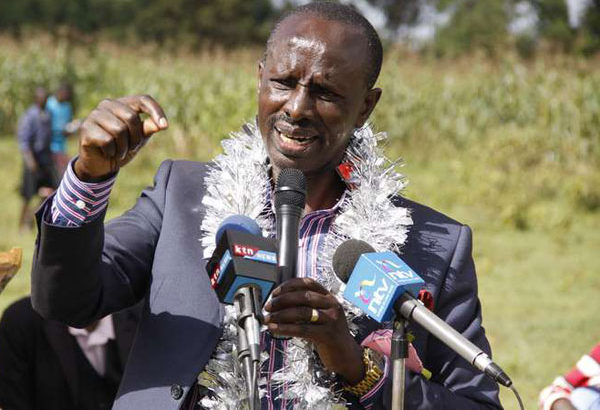
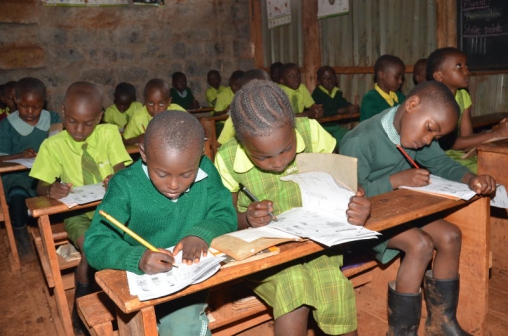
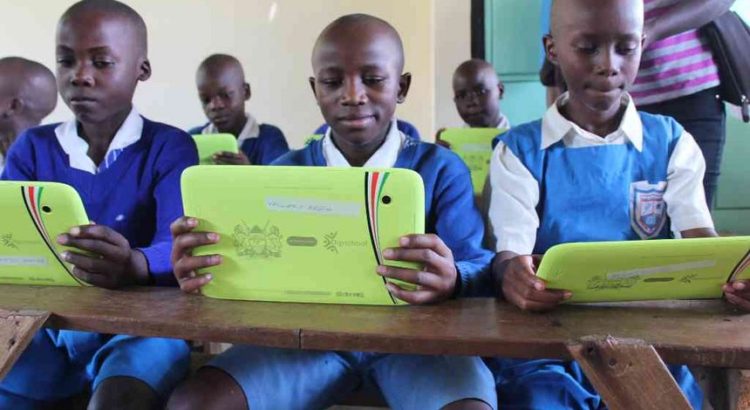
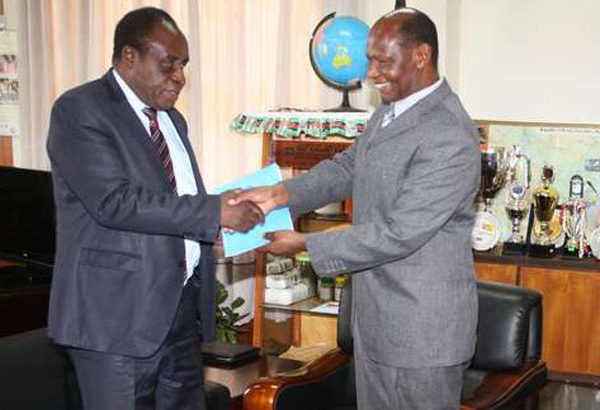
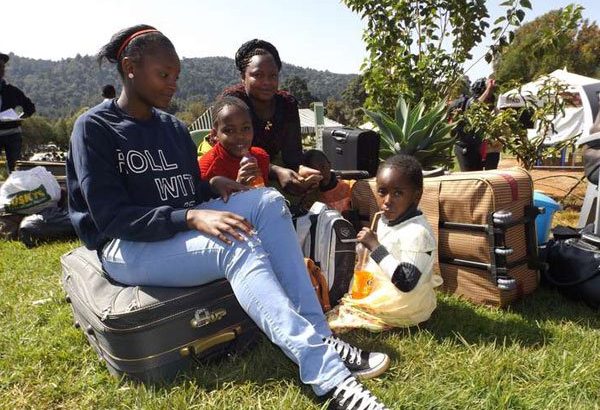
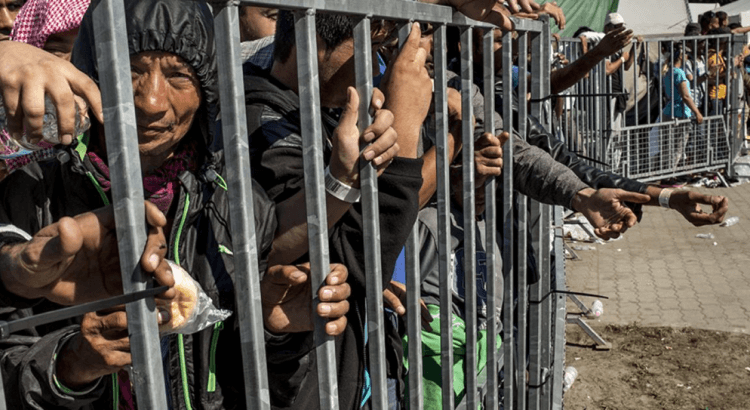






 Users Today : 5
Users Today : 5 Total Users : 35460865
Total Users : 35460865 Views Today : 6
Views Today : 6 Total views : 3420137
Total views : 3420137